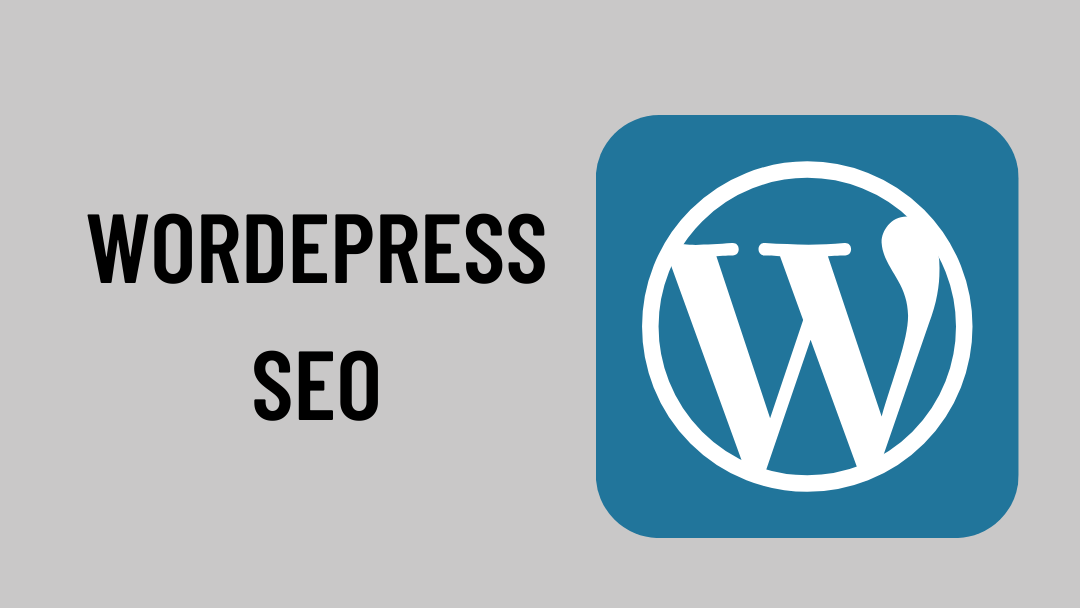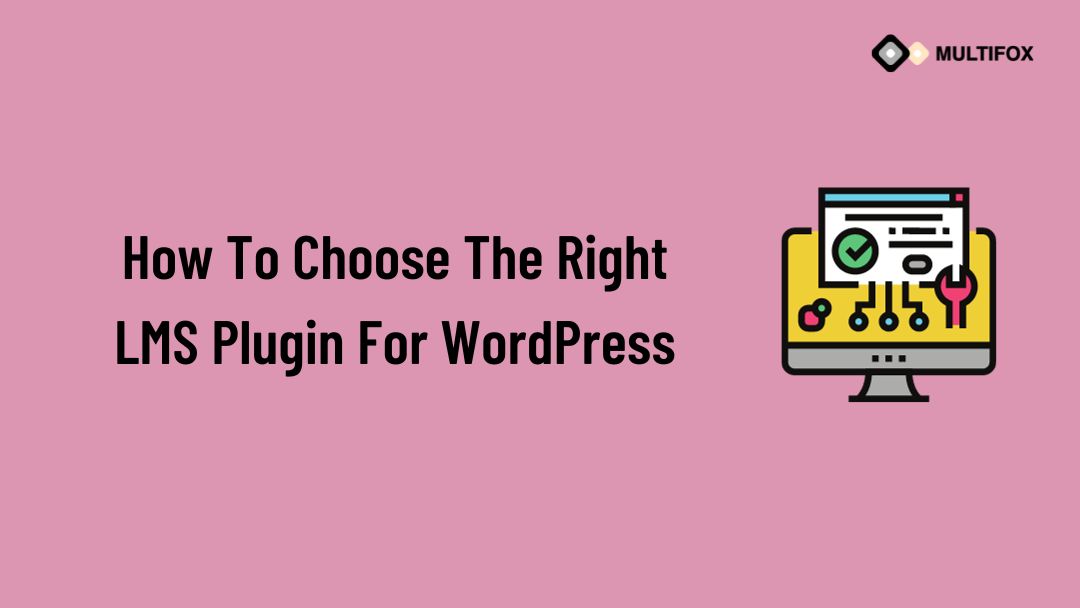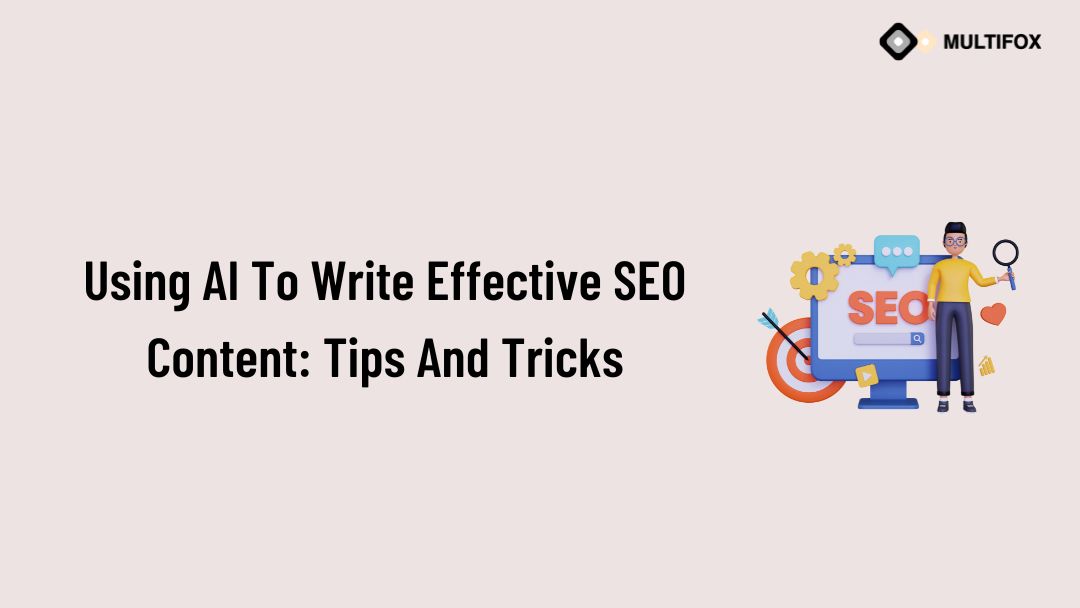If you’re planning on running or are currently running an educational website, then you should add an LMS or a learning management system plugin...
WordPress SEO: How To Optimize Site For Better Rankings 2023 (Beginner Friendly)
Looking to optimize your WordPress site for SEO. Knowing WordPress SEO tips will help you to optimize your site for Search engines.
In this article, we have provided a few important WordPress SEO checklist items to improve site SEO.
WordPress is a famous and highly recommended content management system (CMS) in the world. One of the good things about WordPress, it is SEO friendly for making websites. WordPress allows everyone to launch a website without having coding knowledge.
Having an SEO optimized website is important for everyone to drive a good amount of traffic from search engines. With millions of blog posts published every day, ranking your website pages with only WordPress is not easy.
You need to take care of multiple factors to ensure that the WordPress website is entirely optimized for SEO. Even if you are a beginner or professional, these simple methods will help to keep your site SEO friendly and start driving more traffic.
Here is a basic knowledge of SEO.
Table of Contents
What is SEO?
SEO stands for search engine optimization. SEO is a technique that is followed by websites to rank higher on search engines.
SEO is not a bad or spam technique. It is a list of standard procedures and proper techniques to improve the visibility and rankings of your website on search engines.
The SEO techniques involve optimizing the website for OFF, ON, and technical SEO. These SEO optimized websites will help the search engines easily find content and display more relevant search answers to the people who are searching.
Your website code and content should be optimized for words that are searched by users to find your content. It involves optimizing the website content based on the user’s search on the SERP.
What is WordPress SEO?
WordPress SEO is an SEO technique that is specifically followed on WordPress. WordPress is a famous content management system (CMS) in the World that powers over 450 million websites.
Generally, the WordPress CMS is optimized for SEO. So using WordPress for your website alone doesn’t provide you with better rankings.
It is important to follow a few other techniques to improve SEO on WordPress sites.
Why is SEO Important?
Search Engine Optimization (SEO) is the method of optimizing the website to rank higher on search engines like Google. WordPress itself offers various options and tools to grow your website traffic. There are multiple ways to drive traffic, but SEO traffic (Organic) is always the best traffic source.
The organic traffic is free and has a long-term gain with better conversions. By following some standard procedures and techniques, you can also make your WordPress website SEO optimized.
What if your well-written high-quality content goes unnoticed. So it is important to ensure the content is SEO optimized to rank higher on search engines.
Optimizing WordPress Site to Boost Traffic
Here are some simple steps to make sure your WordPress site is SEO optimized. The ideas and steps we have mentioned here are wordpress.org users who have self-hosted WordPress sites.
Picking the Hosting Provider
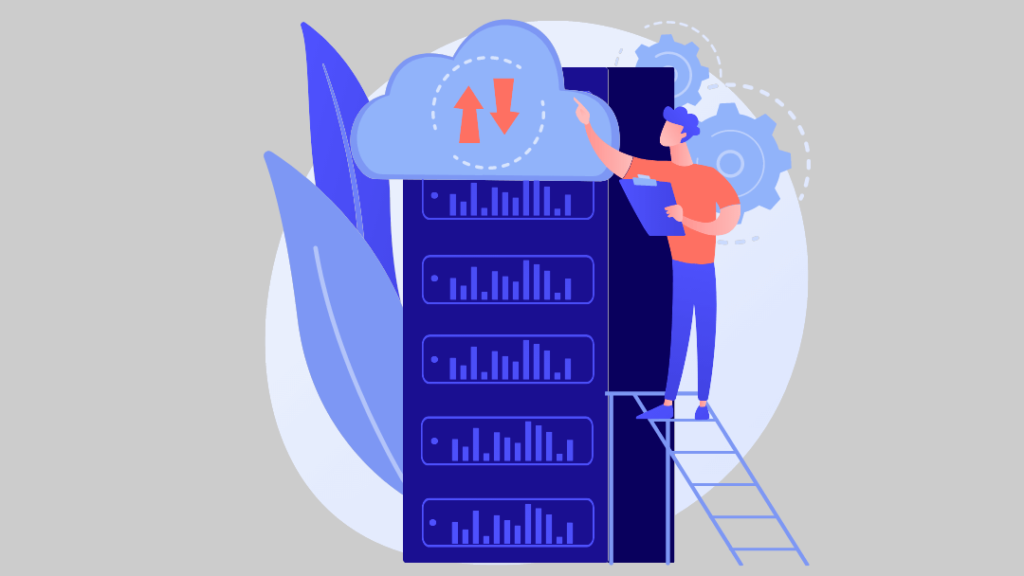
Choose reliable hosting providers that provide robust servers to host your website. It should offer better performance for faster website loading. Also, pick the hosting that provides good uptime and Security.
Many cheap hosting providers provide fewer security features. So make sure it has robust security against vulnerabilities. Even Though everyone cannot be 100% sure about their security, we can have maximum security for the website.
Having downtime also results in poor user experience, which is bad for WordPress SEO. A good host will improve your uptime and provide a maximum user experience.
Content Delivery Network (CDN)
If you are more concerned about the website, then having a CDN is a must for the website. Some premium hosting services come with CDN functionalities.
If not, you can get the CDN from famous providers like Cloud flare.
CDN can load your static content faster to the users. The CDN will cache your website’s static content to provide a faster loading speed and less response time.
So your visitors will see a faster loading website without delay in loading time. Also, CDN is kept in various locations of the world so that it is delivered fast in every part of the world.
SEO Friendly WordPress Theme
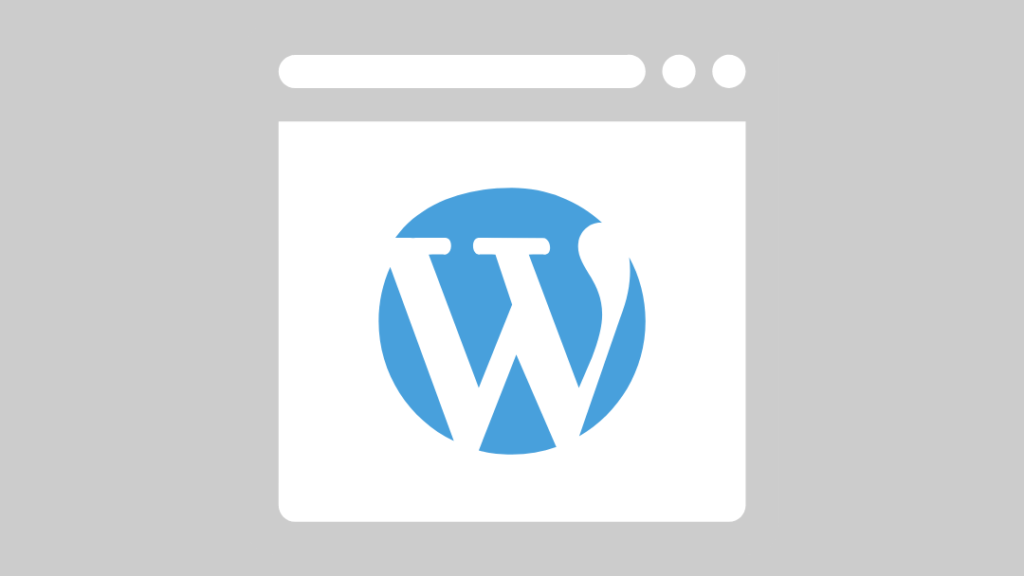
Getting an SEO-friendly theme is crucial for creating a WordPress SEO optimized websites.
The theme creates the structure for your website, and it acts as a skeleton to make sure your website is robust. So picking a reliable and performance-focused theme is essential.
Go with any reliable themes like Multifox, which has high-end functionalities to boost your website conversion rate. The theme should be SEO friendly for better indexation of the search engines.
Read about how to choose the best WordPress theme.
Choosing SEO Plugin
Having a WordPress SEO plugin is essential for the website. You can also go with free SEO plugins like Yoast or Rank Math, which provide pretty decent SEO functionalities to your website.
You don’t need to install multiple SEO plugins. Having one plugin is enough and great. These plugins don’t make your site SEO friendly but can guide you to make it SEO optimized.
Even if you are a beginner, you can write completely SEO-optimized content with the help of these SEO WordPress plugins. Here is how to install WordPress plugin in simple steps.
Cache Plugin
The cache plugin is another important factor in WordPress SEO. The caching plugins will make the website’s pages static and deliver faster when the user loads the site, rather than taking it every time from the servers.
Search engines like Google prefer to rank fast-loading websites. It’s because faster page loading speed will lead to a better user experience.
So use any powerful cache plugin to improve your WordPress website SEO.
Some hosting companies also provide strong caching tools, and they could suggest the best plugins to use with their hosting.
General WordPress Settings
Having an understandable and proper permalink structure helps better understand search engines and humans to know about the content.
WordPress, by default, has multiple permalink structures. Some of these also include numbers, date, and year that are not that great for anyone to understand the article.
So go with common types like post name on the URLs, which are pretty decent. You can also customize the URLs whenever you want for each page and post.
Navigate to Settings > Permalinks from the WordPress dashboard to change the default permalink type.
Categories
Categories help to structure the content and improve the navigation. The wrong use of categories will highly affect WordPress SEO.
Create proper categories with parent and child categories to neatly arrange your content. Don’t create repetitive categories that lead to duplicate content issues.
If you haven’t created a category, then WordPress by default, includes your posts as uncategorized. So in this way, your content is not organized and not SEO friendly.
Add each post in only one or two categories, which makes it healthy.
Tags
In the olden days, tagging your content with multiple keyword-focused tags led to better rankings. But it doesn’t work in this era. You need to use the tags wisely.
Tags also index and rank better in search engines to drive potential traffic from SERP. The tags are not compulsory for each post. You can add each post with 3 to 10 tags if only it is relevant to optimize WordPress SEO.
Submit your XML Sitemap
A sitemap is a small file that contains all your post and page URLs. These URLs are saved in different categories, which helps the search engines to understand them better.
The WordPress SEO plugins like Yoast automatically generate these XML sitemap files. But you need to submit the generated sitemap to the search engines for indexing.
Google is the major search engine that everyone needs to focus on. It is because Google holds the majority of the searches and highly dominates the other search engines.
So, log in to the Google search console and submit the sitemap. Likewise, you can also submit it to other search engines like Bing. Therefore, if crawl bots run on the sitemap, they will most probably get easier access to all the web page URLs from the site, which helps to faster indexation.
Also, check if the pages are indexed or not using the Google Search Console.
Optimizing Blog Content For WordPress SEO
Another big part of optimizing your WordPress website is On-page SEO optimization. Optimizing the content on WordPress for SEO has a huge boost on ranking the website pages.
Optimizing Heading Tags
When it comes to WordPress On-page SEO and content optimization, the heading is a high priority to be highly notified and taken care of. It’s because the heading neatly explains what the content is about and is also a major ranking factor.
Heading has a hierarchy of H1 to H6, where H1 has high priority, and H2 has low priority. By default, the title will be H1, and you should only have one H1. But you can have multiple subheadings, H2 to H6, depending upon your needs.
So when it comes to content optimization in WordPress SEO, the title and heading tags have a high priority.
Keyword Optimized Content
Before starting to write the content, you need to do proper keyword research to pick up the best keywords to make content around it. Keywords are normal words that people use to search on search engines to find certain content.
So you need to include keywords in your based on the user intent. Detailed keyword research allows you to pick the high search volume keywords with low difficulty.
So start using those keywords on your heading and on the content itself.
Internal and External links
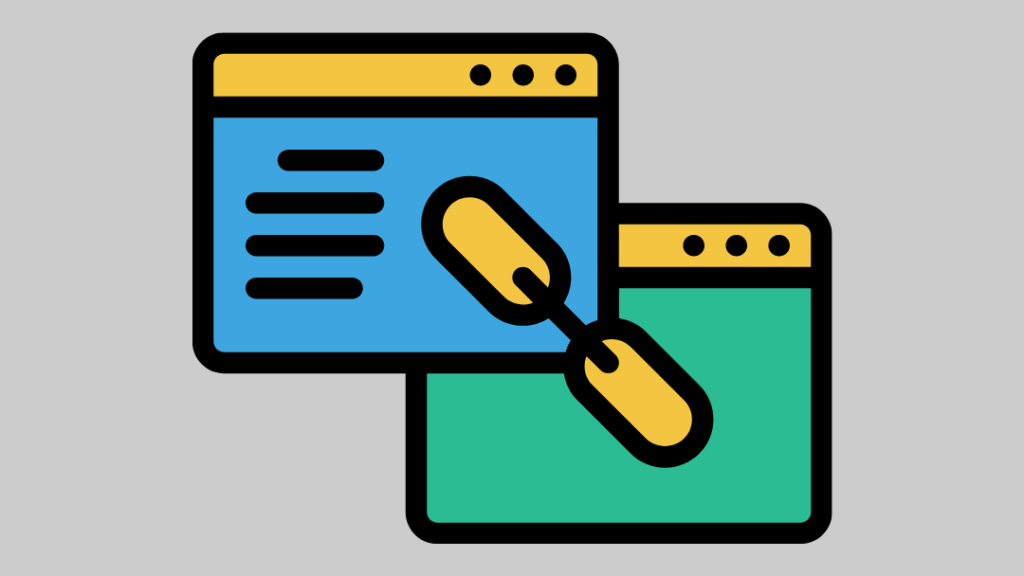
Using both internal and external links is important for SEO on WordPress. Having more internal links to the relevant pages on your website will help the crawl bots to find and index the content faster.
It also helps to boost the page authority with more relevant content for better rankings.
Many people avoid external linking because they provide the backlink, but that is not the case every time. Search engines will love to rank your content if you have linked your content to a more relevant source of information that helps the visitors to know more about that desired topic.
Write High Quality Content
Create well-researched articles and provide maximum information on every topic. The search engines also prefer long-form content.
The research shows longer format contents tend to perform better and get more shares. Try to craft long-form content, which is at least 1200+ words.
If visitors spend more time reading your complete article, then you are making the people stay longer on your site. It is a positive user experience sign for the search engines that has a better session duration that leads to improved rankings.
Updating the blogs with the new content is also essential. It indicates the search engines you have been updating with new relevant information and provides fresh content.
Add Different Media
Try to add different media to your blogs that are visually appealing. The visual content attracts visitors to stay longer on your site. These different media include images, infographics, videos, Gifs, and podcasts.
If you are adding images, then you should need to provide Alt text. The Alt text explains the image. It helps search engines to know about the image you have provided. Images also have more potential to drive good traffic to the website.
WordPress SEO Optimization: Wrap Up
These are some beginner-friendly methods to keep your WordPress websites and blogs SEO optimized every time.
You can also check the robots.txt file to ensure that it is not blocking anything from indexing on search engines.
Also, read about how to create a news website with WordPress and the best responsive WordPress themes. Are you confused about finding what WordPress theme a website is using, here is our free WordPress theme detector tool.
You could see good improvements in your SERP rankings and traffic by following these simple steps to improve WordPress SEO. For more tutorials, visit our blog. If you have questions, do leave a comment in the comments section, and our WordPress experts will reply to you.
